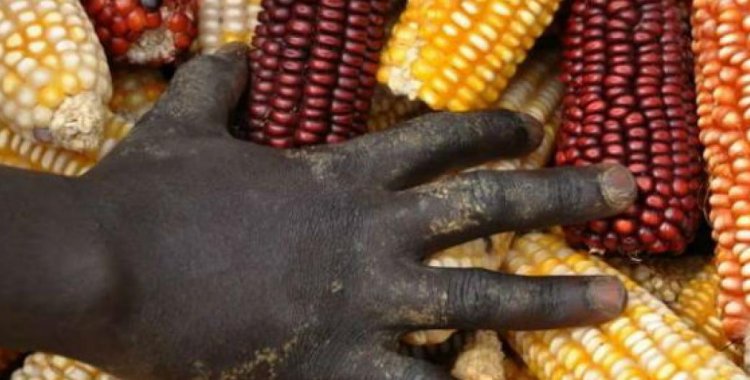According to an analysis by Cedesa, to which Lusa had access, the executive, led by President João Lourenço, "should create a special reserve, from the added value of oil, to guarantee the supply of cereals to the most needy population and also to promote agricultural investment in Angola".
According to analysts, "the war in Ukraine has various impacts on the Angolan economy", the positive aspect being the rise in the price of oil.
Cedesa's analysis recalls that the country's 2022 budget calculated the price of a barrel at US$59, so there is "an added value, since the beginning of the year, corresponding to at least 50 percent more", taking into account the rise in the barrel of crude on international markets.
Thus, if when voted "the [Angolan] budget was balanced", now "there will be a financial surplus" and "more money available from the State", he emphasizes.
But analysts stress that oil price gains "do not translate directly into a positive budget balance" and warn that there are "several constraints".
The first one has to do with Angola's relationship with China, "the main buyer of Angolan oil", it is not known how the contracts are made "and if they reflect.
The second has to do with debt service. "Apparently, there are contractual mechanisms that imply that a higher price of oil implies an increase in debt service, that is, in payments to be made", says Cedesa.
According to analysts, the Minister of Finance, Vera Daves, has already recognized that "what results from the price increase cannot be made an arithmetic account with production" and that the price of a barrel of oil above one hundred dollars, obliges Angola to pay more to its international creditors.
In addition, "the rise in the price of oil also has a possible negative effect on the Angolan budget, referring to the price of fuel sold to the public" because "if the cost of oil increases and the government does not increase fuel, it means that it will have to bear more subsidies and spend more to maintain fuel prices", underlines the group of academics.
Even so, Cedesa concludes that "a 50 percent increase in the price of oil in relation to what is foreseen in the Budget leaves a still accentuated treasury slack, after the increase in debt service payments and the support to the rise in the price of fuels, and there is no doubt that a "financial cushion will be created".
The second effect of the war, "which is already being felt, is the so-called 'feel good factor' (or confidence index). next time, he adds.
As for the negative effects of the Russia-Ukraine conflict on Angola's economy, Cedesa highlights the rise in the price of cereals, especially wheat, which "can create serious inflationary pressures and discontent among the population, a situation for which the Government must be alert".
At the same time, they consider, this inflationary pressure will "draw attention to the enormous investment potential that Angola has as an agricultural country".
Ukraine and Russia together account for a quarter of all world wheat exports and the conflict is "dramatically driving up wheat prices", wheat has become 50 percent more expensive than in early 2022, analysts recall.
According to government sources cited by Cedesa, Angola is self-sufficient in six basic agricultural products: cassava, sweet potato, banana, pineapple, eggs and goat meat.
However, "wheat is the most imported commodity, representing 11.7 percent", he says.







